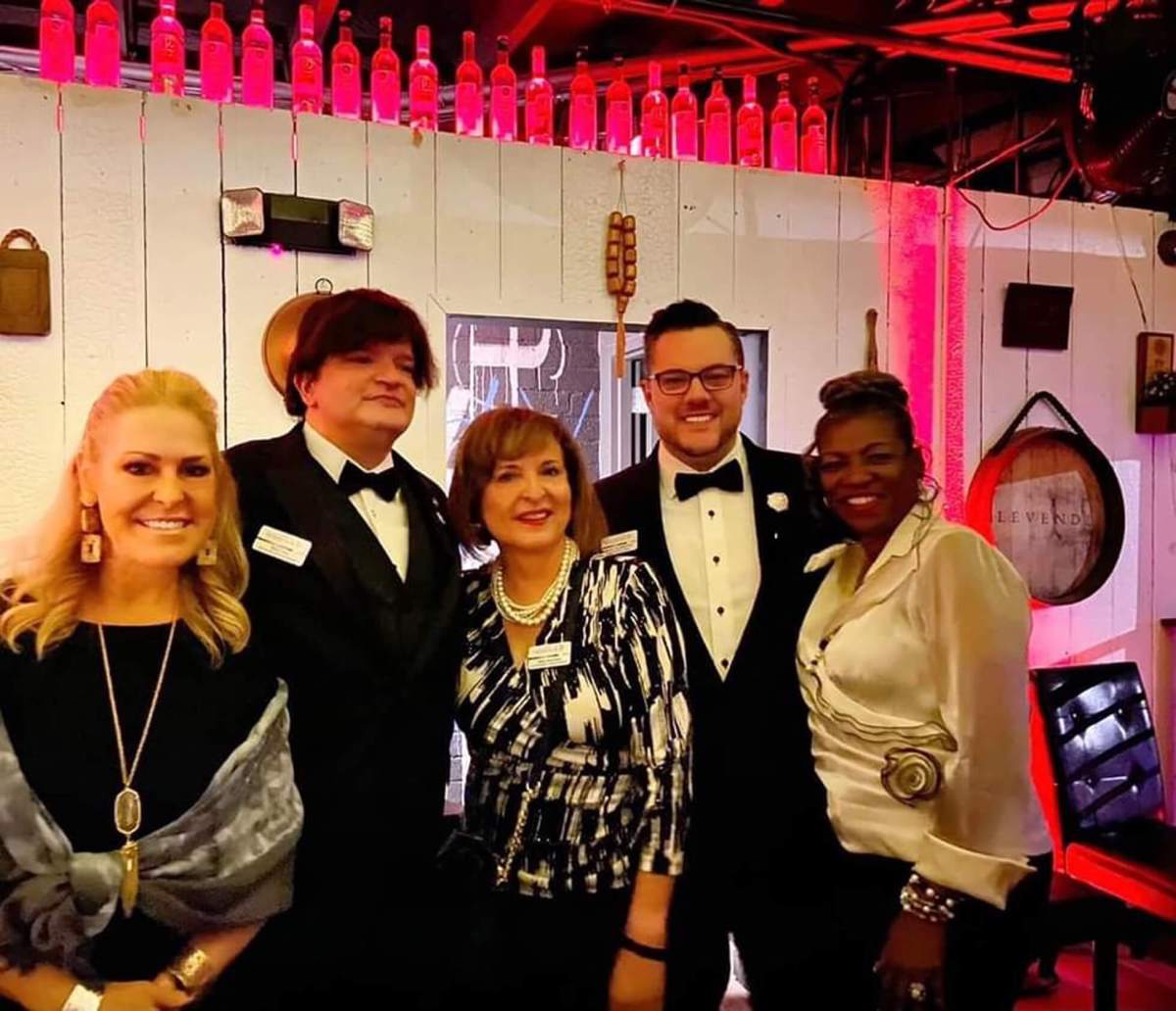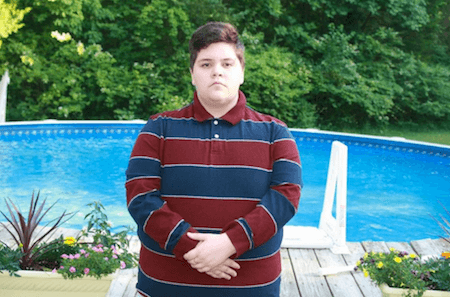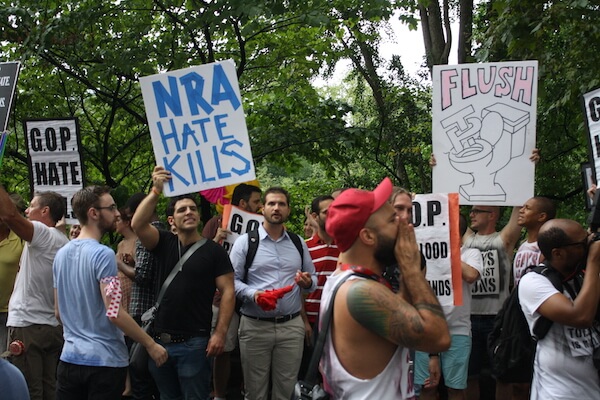In the fall of 2020 — before vaccines were rolled out — a group of queer real estate professionals embarked on a new venture, even as the future remained in limbo during a lingering pandemic.
The group launched the LGBTQ+ Real Estate Alliance, which supports queer people who work in real estate and assists folks in the community who are looking to dive into home ownership. They developed a well-constructed organization complete with a democratic system of checks and balances and a sprawling web of local chapters in different corners of the country, from Minneapolis to Fort Lauderdale (New York is not on their list quite yet, though they’re working on it).
John Thorpe, president of the LGBTQ+ Real Estate Alliance, told Gay City News that the organization includes many individuals who previously worked together in real estate but wanted to go off on their own. They put pen to paper last year and turned the dream into a reality, establishing a non-profit organization with more than 50 chapters and nearly 2,000 members and counting.
The organization’s self-declared vision is simple — “to create a world free of housing discrimination” — and their mission is to advocate for fair housing, promote LGBTQ homeownership, and foster education and networking within the real estate industry, according to their website.
The LGBTQ+ Real Estate Alliance’s insistence on eradicating discrimination reflects the realities on the ground across the nation at a time when dozens of states continue to lack explicit protections against housing discrimination on the basis of sexual orientation or gender identity. Granted, the Biden administration’s Department of Housing and Urban Development announced in February that it would interpret the Fair Housing Act to include discrimination protections for people on the basis of sexual orientation and gender identity — a move that was driven by the Supreme Court’s landmark ruling in Bostock v. Clayton County. There is still an urgent need to pass the Equality Act, which would codify discrimination protections nationwide, but it has stalled in a divided Congress.
The work of the Alliance has yielded into some unpleasant discoveries about the extent of housing discrimination targeting vulnerable segments of the community. Thorpe noted that the organization has been working with HUD to identify examples of housing discrimination — and that work has found several cases of discrimination against older queer Americans, particularly in rural areas and among those who are in assisted living. Thorpe underscored the impact of discrimination on certain age groups, saying the Alliance is focused on housing issues ranging from “LGBTQ youth to aging in place, the whole life cycle.”
The vulnerability of LGBTQ seniors in the area of housing is compounded by established patterns of housing discrimination facing people of color in America. That discrimination, unsurprisingly, coincides with disparities in home ownership rates. While 65 percent of people in America own homes, that number drops to 49 percent when factoring in only the LGBTQ community, according to a 2018 Freddie Mac survey. The home ownership rates for Black LGBTQ people sit at 30 percent.
Thorpe cited those disparities as he emphasized the important role his organization can play in serving as a resource for queer people looking to purchase property. The Alliance hosted a “First Time Home Buyers Seminar” on Zoom last summer during which experts walked folks through the buying and lending process, explained the steps to take towards purchasing a home, and distributed a 42-page LGBTQ home-buying guide.
“Real estate is one of the most beneficial ways for people to start their wealth and a lot of people don’t know how to do it,” Thorpe explained.
Even in its early stages of development, the Alliance is demonstrating its influence in places like Missoula, Montana, where Alliance CEO Ryan Weyandt has publicly called for a realtor/pastor in the region to leave real estate for allegedly withdrawing his congregation’s backing of a food assistance program due to the group’s Pride Week festivities.
The LGBTQ+ Real Estate Alliance’s inner workings are just as important as its external work. The organization maintains the position that none of their work is worth it without a focus on diversity, which has been reflected in various leadership posts. While white men do occupy many of the leadership posts in the organization, its elected national officers include National Vice President-elect Anita Legacy Blue, who is a Black out lesbian Air Force veteran based in Houston, Texas, and the Board of Directors features leaders like Feroza Syed, a trans activist from Atlanta who was selected by Mayor Keisha Lance Bottoms to serve on the city’s inaugural LGBTQ Advisory Board.
The organization has also forged relationships with groups such as the National Association of Hispanic Real Estate Professionals as well as the Asian Real Estate Association of America.
“I’m a gay white male and one of the things I want to make sure is everyone has a voice,” Thorpe said. “It’s important to have that voice.”
The organization is also working to improve conditions for queer people who work in real estate or other areas of housing. The Alliance facilitates networking events and provides educational opportunities for professionals, along with other perks.
The Alliance’s membership base includes many allies, which prompted the group’s leaders to take another step in their comprehensive approach to LGBTQ-inclusive housing. They started to facilitate trainings for non-LGBTQ people, including one virtual event described as an “Ally Certification Course” intended to show allies “how to respectfully engage” with LGBTQ folks looking to buy homes.
The educational efforts continued through the organization’s annual conference on December 9, which featured a series of panel discussions about industry-related issues.




































